Science has not yet taught us if madness is or is not the sublimity of the intelligence
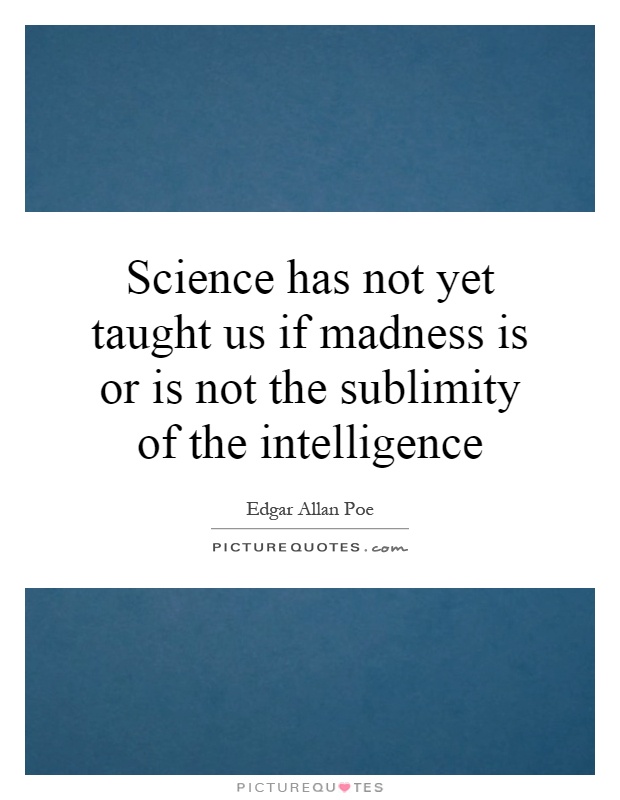
Science has not yet taught us if madness is or is not the sublimity of the intelligence
Edgar Allan Poe, the master of macabre and mystery, was no stranger to the concept of madness. Throughout his works, Poe delved into the depths of the human psyche, exploring the fine line between genius and insanity. In his famous quote, "Science has not yet taught us if madness is or is not the sublimity of the intelligence," Poe raises a thought-provoking question about the nature of madness and its relationship to intelligence.Poe himself struggled with mental health issues throughout his life, which undoubtedly influenced his writing. His characters often grapple with inner demons and psychological torment, mirroring his own struggles with addiction, depression, and anxiety. In many of his stories, madness is portrayed as a dark and destructive force, leading characters to commit heinous acts or descend into despair. However, Poe also suggests that madness can be a source of creativity and insight, a wellspring of inspiration for the artist or writer.
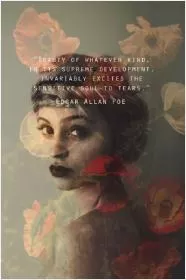
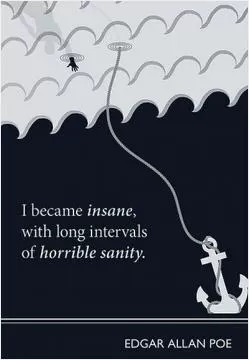
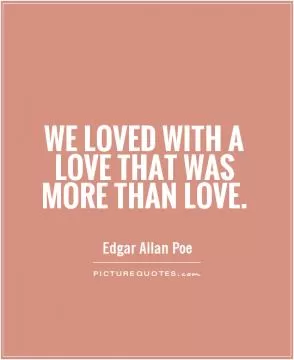
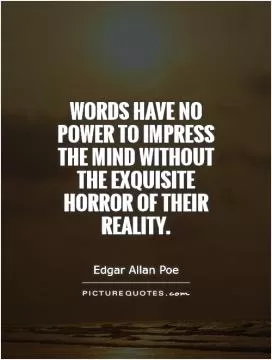
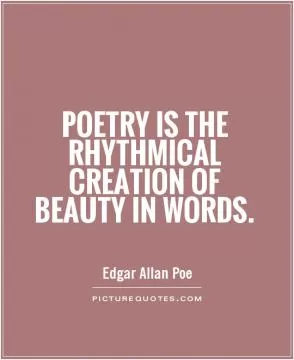
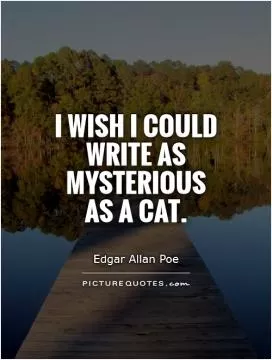




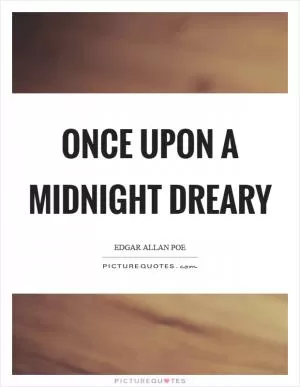

 Friendship Quotes
Friendship Quotes Love Quotes
Love Quotes Life Quotes
Life Quotes Funny Quotes
Funny Quotes Motivational Quotes
Motivational Quotes Inspirational Quotes
Inspirational Quotes